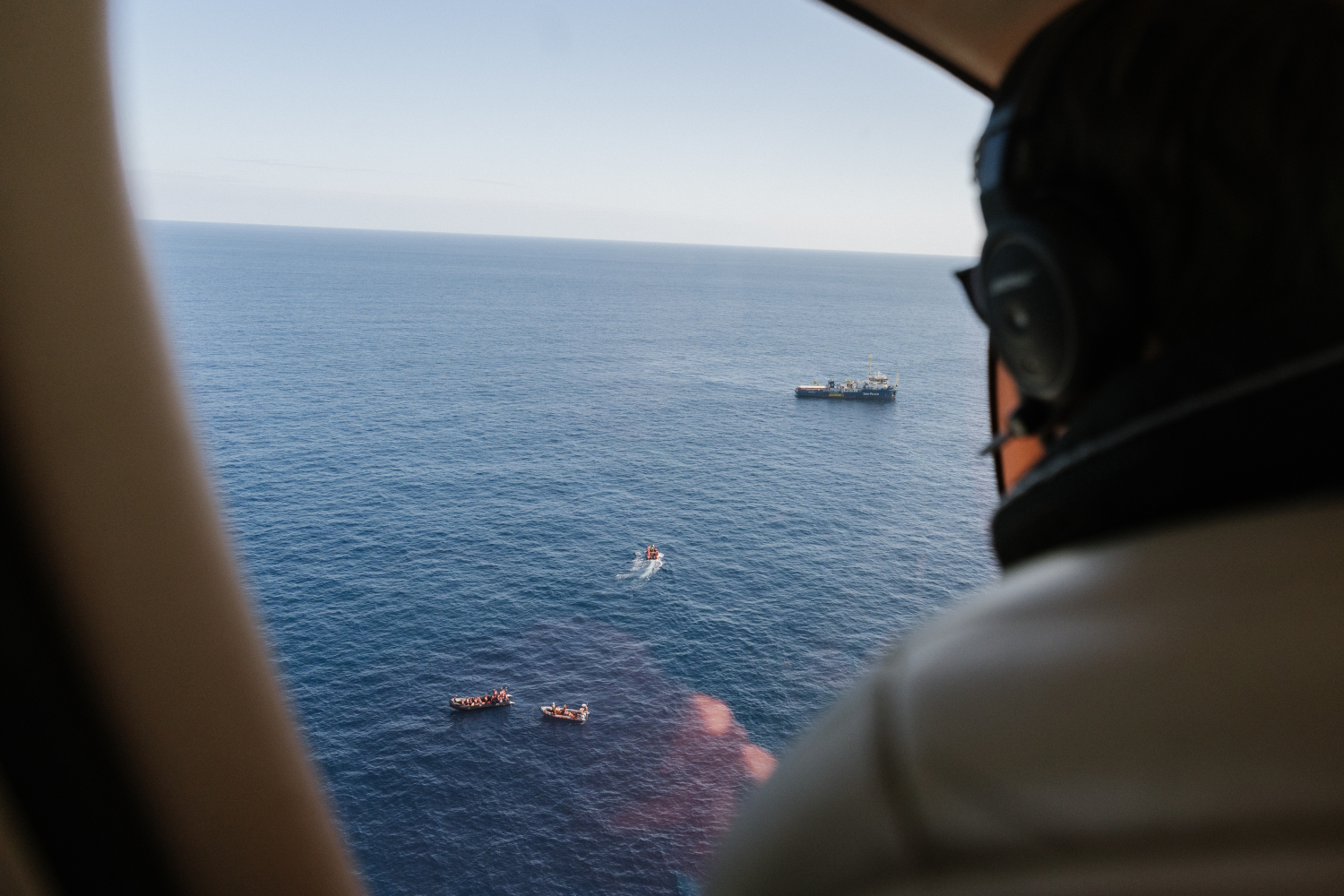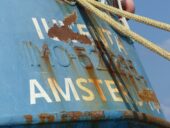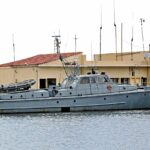The Scientific Services of the German Bundestag consider it against two international conventions that Libya prohibits a private rescue organisation from flying over high seas. The Berlin government agrees, but does not change the problem. Therefore, the International Civil Aviation Organisation cannot intervene either.
The ban on civilian flights for sea rescue in the central Mediterranean by Libyan authorities violates international law. This had already been confirmed by the Scientific Services of the Bundestag in an assessment at the end of June. Now the German government agrees with this assessment. The demand for permission to fly outside state territory is “contrary to the principle of freedom of overflight on the high seas”, according to the answer to a parliamentary question.
According to the 1944 Chicago Convention on International Civil Aviation, the Libyan aviation authority oversees a Flight Information Region (FIR) that extends outside the twelve-mile zone over large parts of the southern Mediterranean. Before entering a FIR, pilots must register with the Civil Aviation Authority (CAA) and declare their destination. However, the central Mediterranean is considered uncontrolled airspace where no such declaration is required. Aviation authorities are not allowed to impose restrictions there, at best, they can only provide indications and information, the Bundestag assessment explains.
No sovereignty outside national territory
In March this year, the German-based rescue organisation Seawatch announced that the Libyan aviation authority had banned its Seabird and Seabird 2 aircraft from flying over the Libyan rescue zone. The Seawatch aircraft are operated by the Swiss Humanitarian Pilots Initiative. The authority claims that its pilots must first apply for a Prior Permission Required (PPR). The flight information area affected by this corresponds exactly to the sea rescue zone for which Libya is responsible.
The Bundestag experts consider the demand for such a permit to be contrary to international law. Since the non-governmental organisation’s aircraft do not fly over Libyan territory, the government cannot invoke state air sovereignty under the Chicago Convention. The high seas are outside all territorial waters. The airspace above it is therefore open for use by aircraft of all states.
This is also stipulated in the Chicago Convention, whose implementation is monitored by the International Civil Aviation Organisation (ICAO). The United Nations Convention on the Law of the Sea (UNCLOS), adopted in 1982, confirms this agreement and stipulates the concept of “freedom of overflight” for this purpose. Both international treaties are thus being violated by the Libyan government.
No problems for Frontex aircraft
In 2015, the rescue organisation Seawatch procured its first ship with the help of donations, followed two years later by a first plane to detect sea emergencies from the air. Tens of thousands of people on their way to Europe have since been rescued from distress at sea by Seawatch and other organisations and brought to safe ports.
Since their existence, authorities of the Mediterranean countries, but also of the flag states Germany or the Netherlands, have tried to hinder these activities. Ships are seized for trivialities or the crews are harassed with criminal proceedings that last for years.
There is also headwind from Frontex. The European Union’s border agency itself carries out various missions in the Mediterranean, including Themis in the triangle between Italy, Malta and Libya. However, Frontex has largely withdrawn its ships and has been rescuing fewer and fewer people in distress at sea for years. Following the adoption of a new regulation by the EU member states and the parliament, Frontex began setting up its own aerial surveillance in 2016, which is mainly deployed over the Libyan sea rescue zone and apparently has no problems there.
German police visit Libya
Frontex reports their sightings of refugees to the Libyan coast guard so that they can bring the people back to North Africa. To do this, Frontex can rely on an infrastructure in Tripoli that Italy is building with EU funds in Libya. In 2018, Libyan authorities finally declared their responsibility for a sea rescue zone in the south-central Mediterranean. However, a Maritime Rescue Coordination Centre (MRCC) necessary for this and paid for by the EU, which could be operated jointly by maritime and aviation authorities, seems not even to exist.
In its answer to the parliamentary question on the flight bans for private sea rescue, the federal government remains monosyllabic. Many questions are not answered at all or only with a level of secrecy. However, the Federal Ministry of the Interior “speaks out against restrictive administrative rules” towards the Libyan government, including the freedom of overflight, it writes. But the ministry does not specify when and on which occasions such criticism is made.
In the past six weeks, the German Federal Police liaison officer responsible for the region has paid visits to the Libyan General Administration for Coastal Security (GACS) and the Libyan Ministry of the Interior. The purpose of these trips was “to gain further insights into the state and tasks of the Libyan coast guard”, writes the German Ministry of the Interior in the answer to another parliamentary question. Together with the military coast guard, the maritime police GACS is responsible for the operation of a Libyan Maritime Rescue Coordination Centre.
ICAO may examine violations of Chicago Convention
If the German government really wanted to stand up for the sea rescuers from the air, it could raise the issue of the “freedom of overflight” ban before the International Civil Aviation Organisation (ICAO). Because only the ICAO contracting states can report possible violations there. As the supreme body of the Civil Aviation Organisation, the Council of the ICAO must examine the matter and issue recommendations or decisions on compliance with the Chicago Convention.
If the government in Tripoli subsequently continues to insist on the flight ban, Germany could enter into a dispute settlement procedure with Libya on the interpretation and application of the agreement at the ICAO Council. However, Switzerland would also have to participate in this, as the aircraft of the Humanitarian Pilots Initiative fly under Swiss nationality.
“More than hypocritical assurances to speak out against Libya’s de facto ban on rescue flights, concrete action is needed,” demands Clara Bünger, member of the German Bundestag. As a member of the Left Party, Bünger had requested the Bundestag assessment on the flight bans and submitted the parliamentary question. However, these demanded actions by the German government are not to be expected. Only recently, the Foreign Office in Berlin reaffirmed Libya’s responsibility for the Libyan Search and Rescue Zone to a German television magazine, and thus also the trafficking of refugees from international waters back to Libya.
Image: A Seawatch aircraft inover the Mediterranean (Seawatch/ Felix Weiss).





Leave a Reply